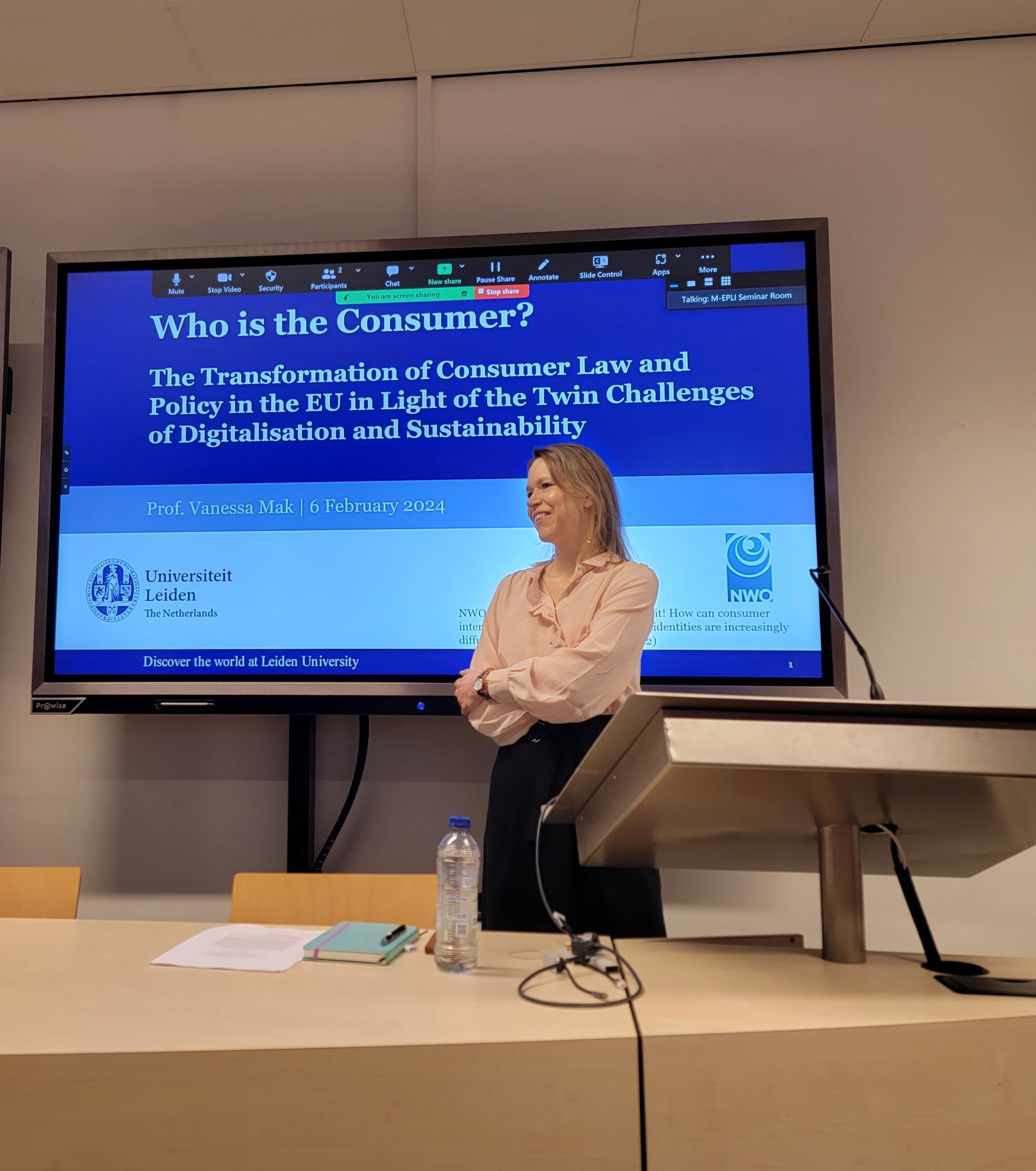Law and Hip Hop Music
Project aimed at analysing the role of law in hip hop music.
In the last few months, I have been working with three enthusiastic Maastricht students in a project aimed at analysing the role of law in hip hop music. My own interest in this theme stems from a fascination for the law and literature movement. One of the aims of this movement is to learn how the law is perceived in society: literary books (or movies and television series) can tell us something about the law as seen through the eyes of the general public. In this respect, it comes as a surprise that hip hop music was never studied before. The lyrics of artists like Snoop Dogg, Jay-Z, 50 Cent and Eminem contain a wealth of materials on how the law is perceived in the ghetto’s of American cities. It is difficult to find a greater contrast between the standard view of law and the perception of law we can discern in the lyrics of these artists. The project aims at identifying principles of hip hop law and to contrast these with the common principles of law. In Jay-Z’s Justify my Thug (2003), the lyrics read ‘If you shoot my dog, I’ma kill yo’ cat… know dat/For every action there’s a reaction’, which reminds us of ‘an eye for an eye’ mentality and minimal trust in the state in protecting people. A sense of shame about criminal acts also seems to be missing as one’s street credibility increases with the number of convictions. Re-education by punishment then seems useless: ‘Every N….. sellin, but can you blame/The fact the only way a brother can survive the game.’ If we were to design our ideal law by making use of John Rawls’ veil of ignorance, we would probably have to imagine what it must be like to survive in the modern urban ghetto: hip hop lyrics can provide a wonderful source of information in this respect. In this week’s Observant (Maastricht University’s weekly newspaper) there is an interview by Maurice Timmermans with the students (Andrei Ernst, Nida Riaz and Steve Iseger) and me in which we explain our findings. The project will result in a jointly written article that we hope to publish in an interested law journal.
Also read
-

Every time consumers use online email, stream music or videos or archive pictures on the internet, it is quite likely that they are using cloud computing. Those online pictures, videos or emails are not stored on consumer’s computers.


